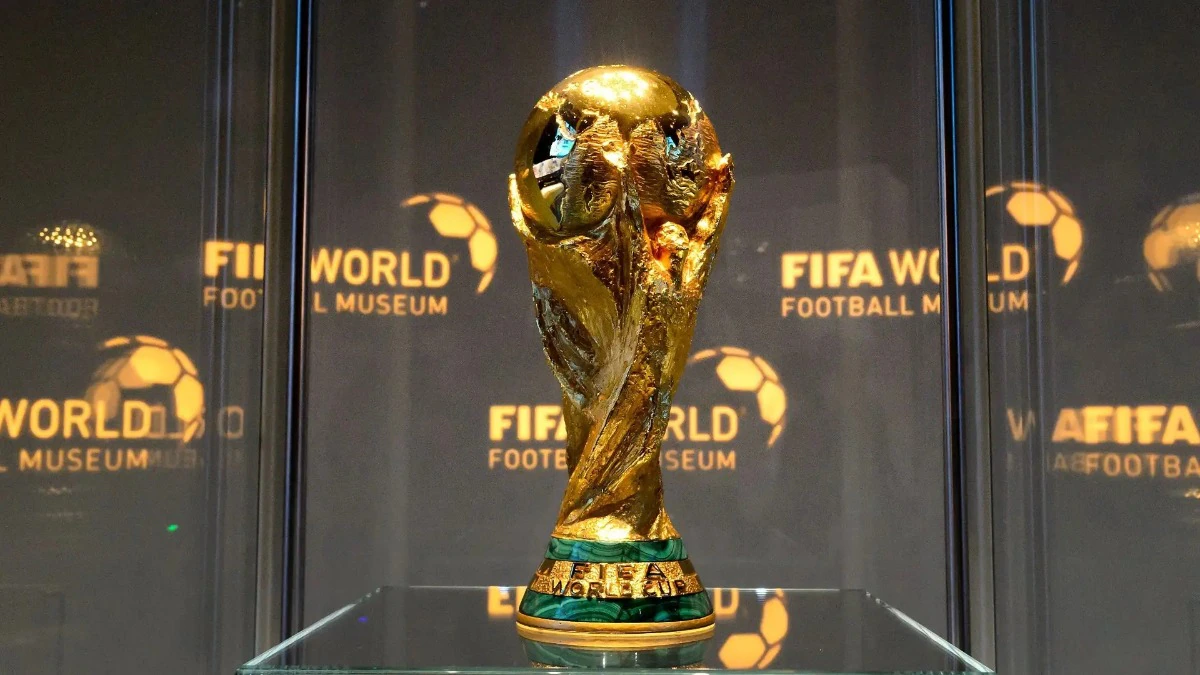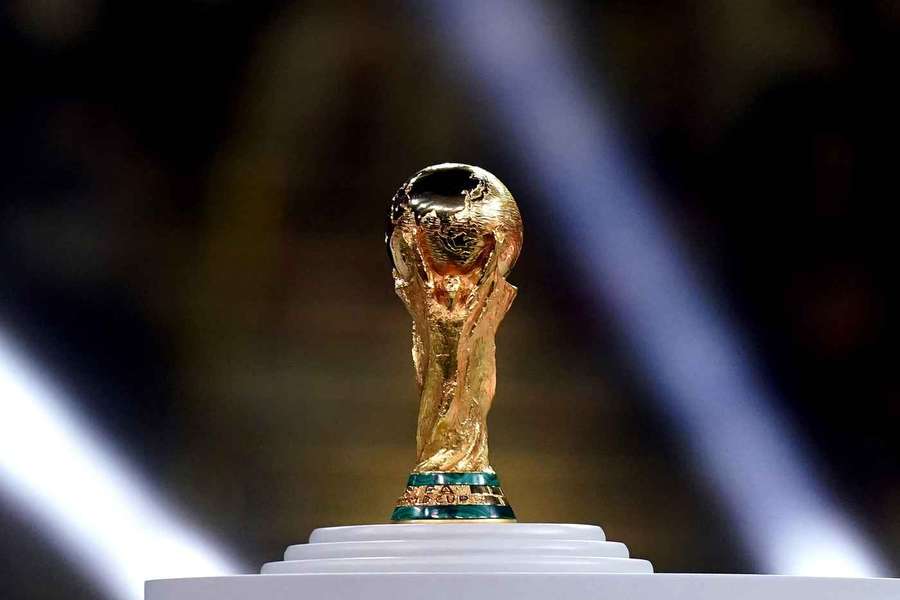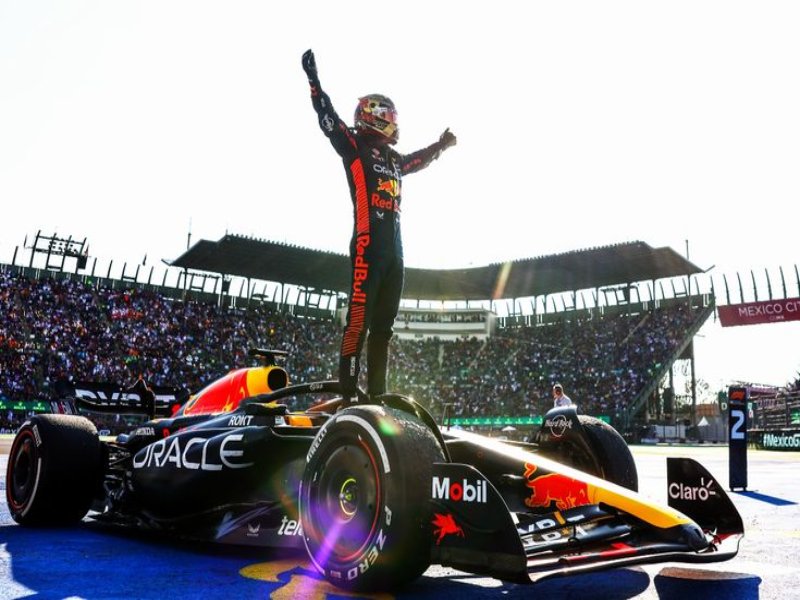FIFA May Mirror Dilemma Over Iran’s World Cup Status
FIFA May Mirror UEFA’s strategy to manage Iran’s controversial participation in the 2026 World Cup, following Iran’s recent conflict with Israel and the United States.
The ongoing war has raised concerns about Iran’s presence in the tournament, especially since one of the host nations is the United States, alongside Canada and Mexico.
Trump’s Travel Ban Adds to Tensions
Before the war escalated, Iran had already drawn scrutiny due to former President Donald Trump’s travel ban affecting over 40 countries, including Iran. Although the ban included exemptions for athletes participating in events like the World Cup and Olympics, political tensions have intensified.
Recently, US forces launched airstrikes on Iran, prompting Iran to retaliate by attacking an American airbase in Qatar. These developments have further complicated Iran’s status in the global football event.
No FIFA Rule Blocks Iran’s Entry—Yet
According to Sportbible, FIFA currently has no regulation that prevents Iran from participating. As a result, Team Melli still holds the right to compete in their fourth consecutive World Cup.
However, FIFA may need to take steps to avoid potential conflict during the tournament.
FIFA May Mirror UEFA’s strategy Offer a Solution
FIFA could follow UEFA’s lead from the 2022/2023 European club competitions. After Russia invaded Ukraine, UEFA ensured that Ukrainian and Belarusian clubs would not face each other by keeping them in separate groups during the draw.
FIFA might use a similar method during the group-stage draw in December. By placing Iran in Group A—where all matches take place in Mexico—the organization could avoid scheduling Iran’s games in the US during the group phase.
Later Stages Could Still Pose Challenges
While Iran has never advanced past the Round of 16 in previous World Cups, reaching the quarterfinals would bring them to US soil, where all last-eight matches are scheduled. Though this scenario is unlikely, FIFA must prepare for every possibility.
Final Decision Rests with Infantino and FIFA Council
Ultimately, the decision depends on FIFA President Gianni Infantino—who reportedly maintains close ties with Donald Trump—and other council members. Their stance will determine whether FIFA prioritizes political neutrality or adjusts logistics to manage rising geopolitical risks.



